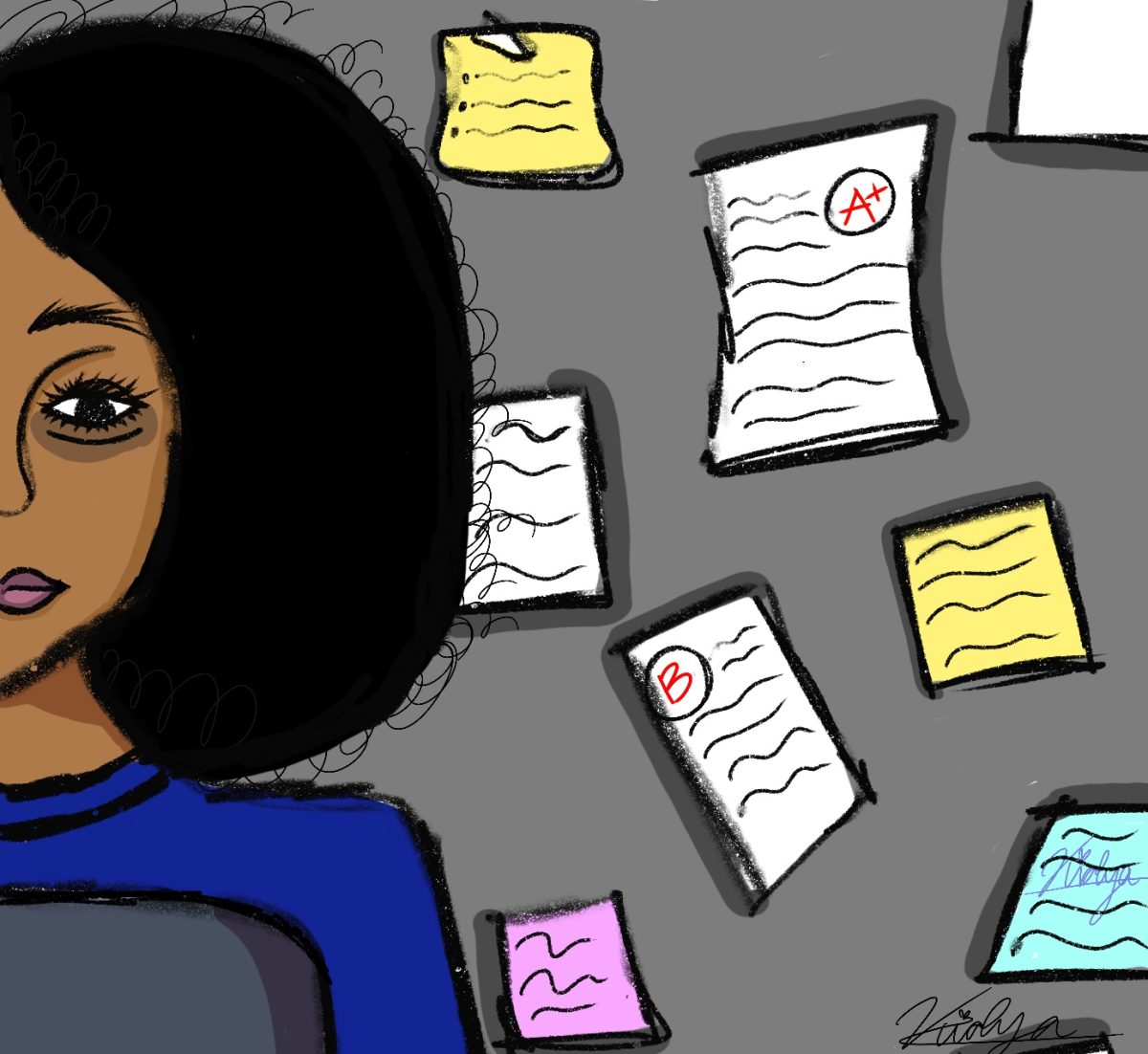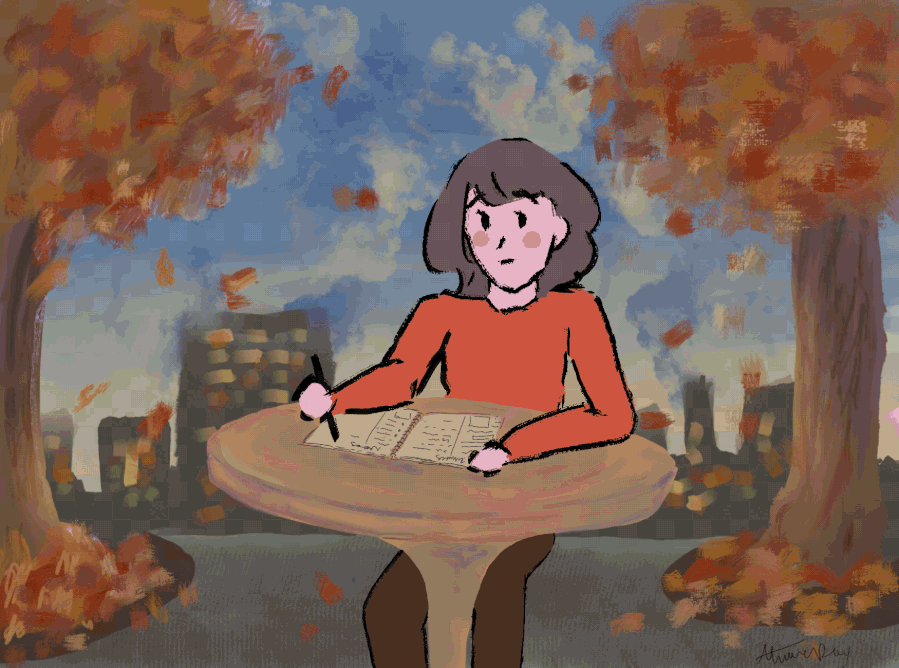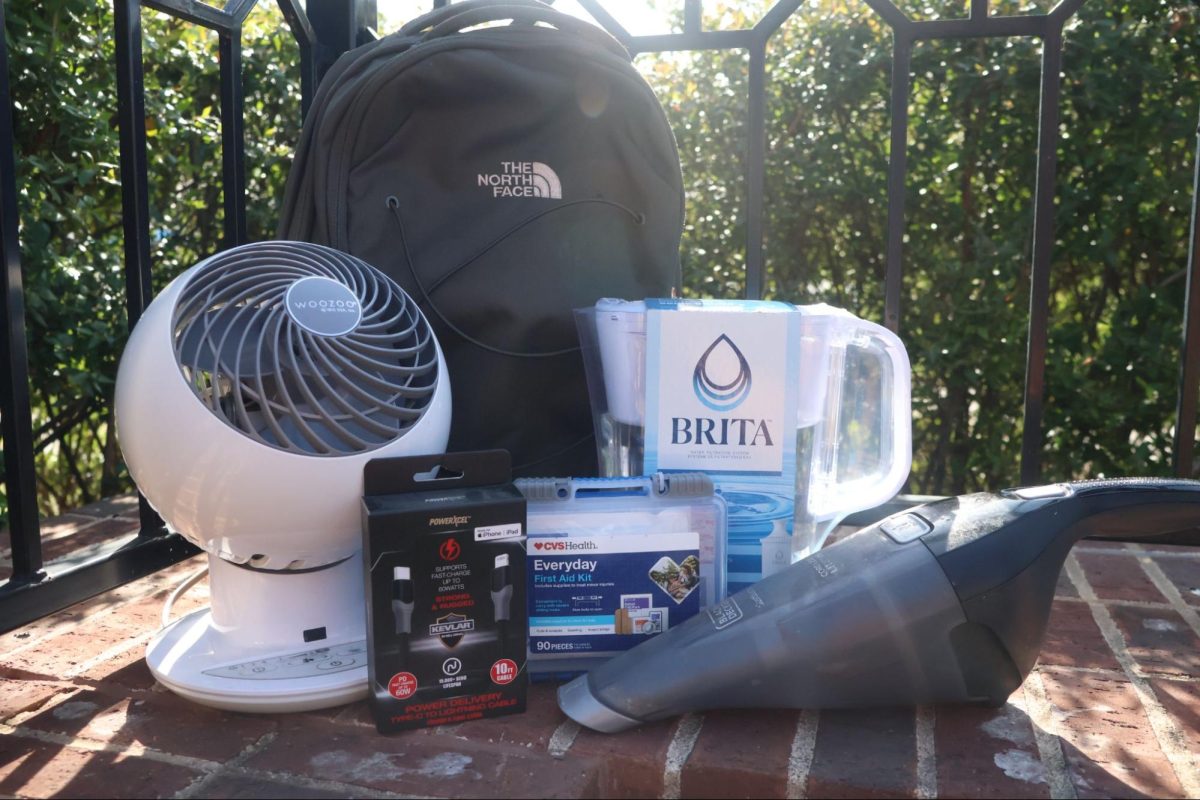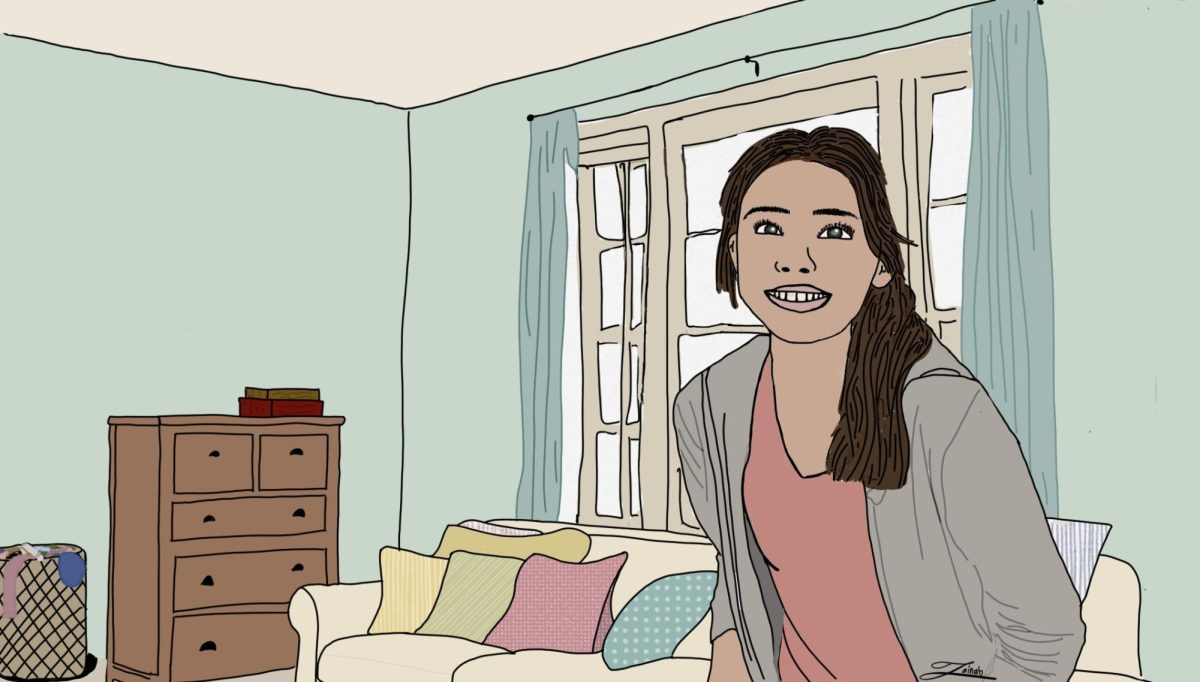Staying up until 2 a.m. finishing overdue homework, getting four hours of sleep and waking up to slam highly caffeinated drinks just to stay awake; students have normalized these unhealthy patterns that further increase the likelihood of burnout.
Academic burnout is more than just being drained from pulling an all-nighter or being frustrated from working on a project for hours. It is an extended period of mental and physical exhaustion.
Recovering from burnout may be challenging, but one can begin overcoming it by recognizing its symptoms. Some common ones include loneliness, depression or anxiety. Ignoring these and not slowing down can make one feel even more miserable.
A student might pull away from friends and social activities when feeling overwhelmed. Another result is poor grades or lack of motivation to carry out tasks. Small things such as turning in an assignment on time can seem difficult.
“Many times, teachers will reach out and ask me to meet with a student because they are concerned with tardies, absences, lack of motivation or having a difficult time submitting assignments,” Coppell High School counselor Laura McMillin said. “Often the student started off the school year fine and slowly declined.”
Fortunately, this can be avoided by incorporating thoughtful strategies to maintain a healthy work-life balance. Burnout can form over months or even years, and recovery requires time and commitment.
According to Second Harvest nutrition impacts brain development, energy, attention and focus, which are all critical to absorb and retain information, as well as to maintain a healthy relationship with your school work. Instead of stopping at the vending machines between classes, try bringing other healthy snacks from home such as granola bars, carrots or grapes.
Additionally, efficiently managing your time, whether for school or social activities, gives your brain and body a chance to recover. It helps you to feel in control by giving direction when you do a large amount of work while also allotting breaks to relax between tasks.
“Evaluate your courses to see if you are taking too many rigorous ones,” McMillin said. “Be realistic about how many hours a day you can study while leaving time every day for you to do something you enjoy. You want a balance of work and play, don’t forget the play.”
Having a strong support system and people to lean on can also help. If you know anyone who is struggling, do not be shy to ask if they need help or give them encouragement. People might be scared to open up about their struggles so just being there for them can help them feel comfortable.
Sticking to a schedule and following healthy habits is vital to overcoming academic burnout. Incorporating these changes into your everyday life will help boost productivity and positive energy.
Follow @CHSCampusNews on X.











